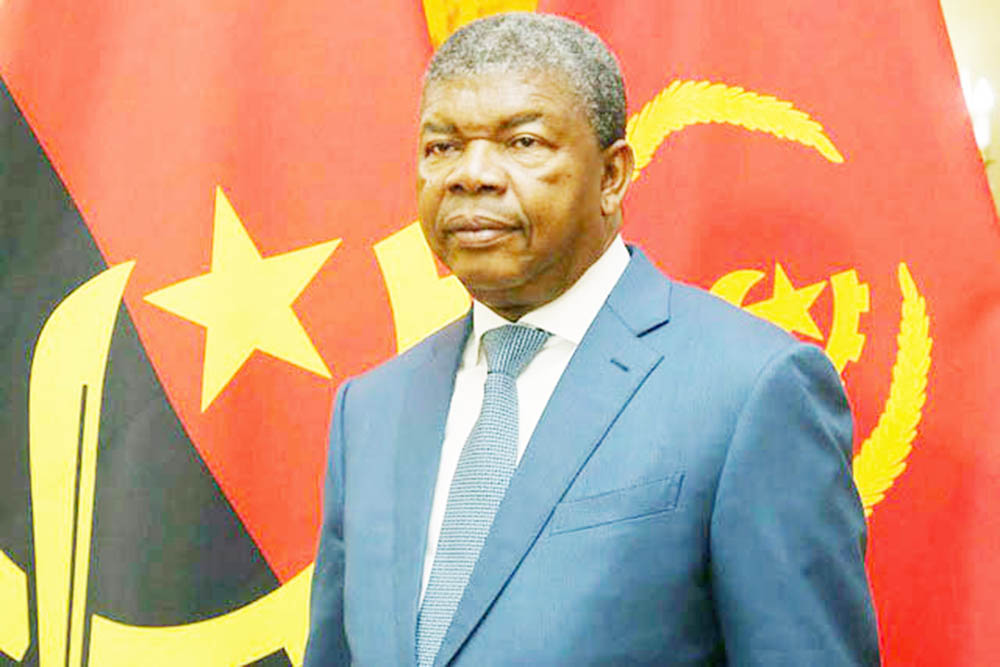Contending that what, in some instances, are their considerable unrecovered hydrocarbon resources should not become subject to recovery time lines set by rich countries, African nations like Angola contend that such timelines can only be determined by the vicissitudes of growth and development in those countries.
African leaders like Angola’s President Joao Laurenco continue to posit arguments that place the future of some countries on the continent in the hands of the extent to which those countries can succeed in exploiting their hydrocarbon resources and converting those into fortune shifting wealth that possess the capacity to extract large, poor African populations from what, in many instances, are conditions of endemic poverty.
Angola is ranked second behind Nigeria as among Africa’s ‘heavy hitters’ in the global oil and gas industry.
A Bloomberg report earlier this week quoted the Angolan President as saying that African nations should resist pressure from “powerful interests” to hastily abandon fossil fuels lest they inflict hurt on their economies by doing so.
Oil producing countries in Africa still struggling with huge pockets of poverty continue to come under pressure to fend off a climate change lobby that has been significantly amplified since the COP26 climate summit in Glasgow in November last year and which seeks a shift to cleaner energy sources in order to avoid what lobbyists say are likely to be the catastrophic consequences of global warming. The criticism of this position that comes repeatedly from African oil producers is that the global environmental lobby offers no feasible option to the exploitation of oil and gas resources which they contend stand between poverty alleviation and economic development, on the one hand and further descent into poverty and possible social disintegration, on the other.
Countries in regions of Africa and South America, including Guyana and Angola, that are known to possess considerable volumes of untapped hydrocarbon resources, while being mindful not to wage an outright verbal war with the recently considerably strengthened global climate change lobby have been raising tough questions with regard to the choices they are being asked to make in the matter of their exploitation of their oil resources and the likely consequences of those choices.
“More than 125 billion oil barrels and 500 trillion cubic feet of gas in Africa may go forever untapped if the continent yields to foreign pressure to adhere to the energy transition,” the Angolan President is quoted as saying at a recent fossil fuel industry conference in Luanda, the country’s capital.
His country is ranked second behind Nigeria in annual oil production, and unsurprisingly, the Angolan President has emerged as one of the more vocal leaders on the continent advocating that Africa has a right to benefit from its natural resources and that it is the western countries that are largely responsible for harmful emissions.
President Laurenco does not take a position of indifference to the perspective of the climate change ’hawks’ he advances the view that a shift to a low carbon economy must be “gradual and responsible.”
Crude oil exports account for 95% of Angola’s exports and the Angolan President is on record as saying that “saving the planet shouldn’t bring more hunger and misery to the people of countries that depend on oil revenues.”






